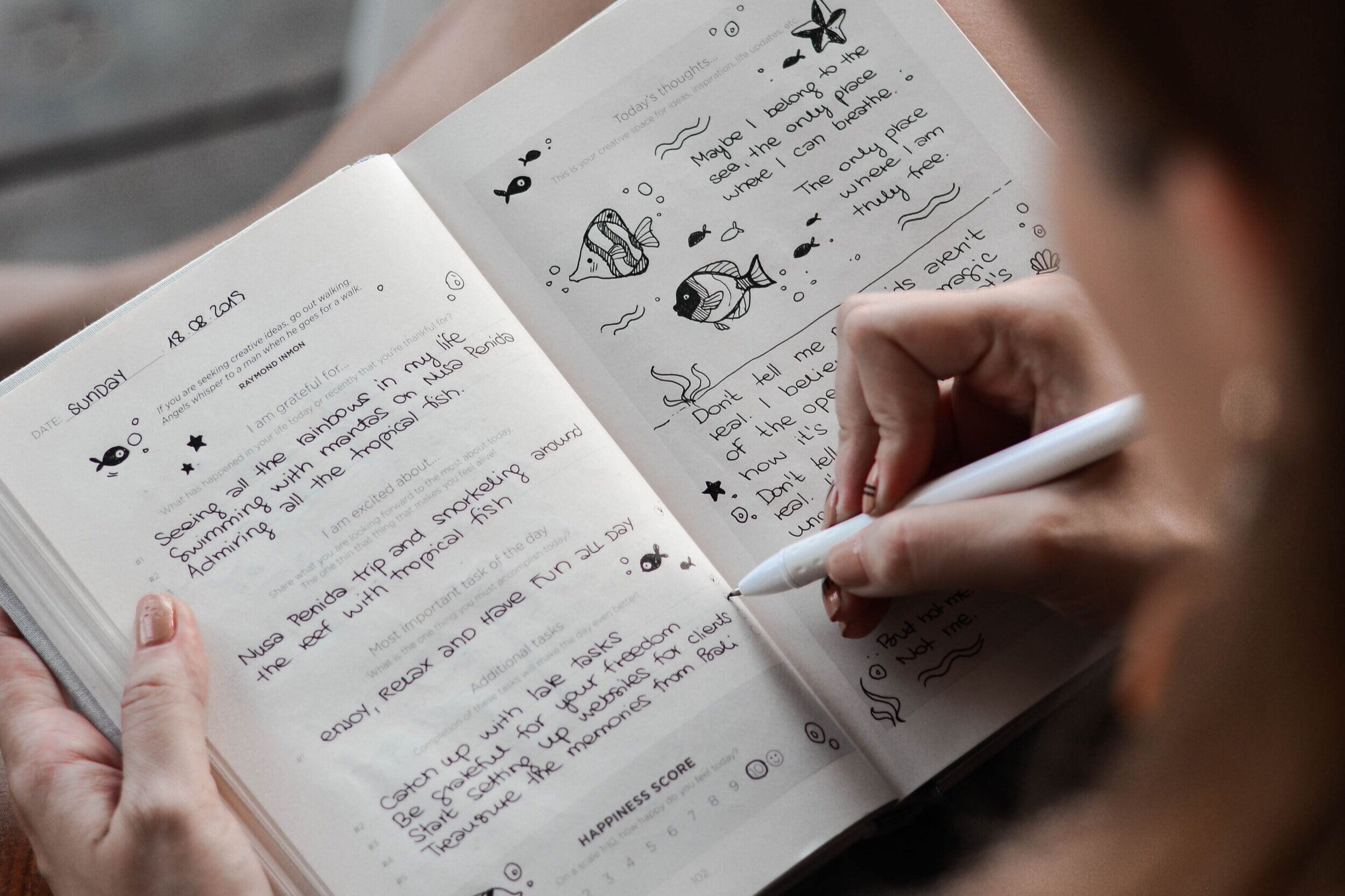3 Simple Ways to Make Meditation a Daily Hab
One of the first images that come to mind when you think of meditation is probably of someone sitting on a woven mat, somewhere in the middle of a large, green field, complete with the sun in the sky and birds overhead.
It may seem like a whimsical thing, especially in our fast-paced and tech-filled world, but meditation is much more than what television portrays it to be. In reality, it is all about awareness of the body and the mind.
Meditation has long been hailed for its ability to help you lead a happier life. After all, it reduces anxiety and stress while also stimulating focus, giving you a sense of inner peace. These benefits can have a profound effect on our day-to-day lives — from the way we relate to ourselves and others, to how well we can absorb new ideas or tackle problems in school or at work.
Indeed, psychologists from Maryville University found a complex link between mental health and academic success, a fact that shows the importance of a healthy mind in our overall health and highlights just how important meditation can be, even in small doses.
Much research has been done on the benefits of the practice and how it can help those who are in education, specifically. Entrepreneur pointed to a study that found that meditating four times a week improved a student’s learning capabilities. This is because meditation stimulates areas of the brain associated with memory, concentration, and learning.
All these comprise just the beginning of the long list of benefits that meditation provides, and we’re sure you’re eager to get started. But reaping these benefits requires more than just one session — the key is to keep at it regularly. With that in mind, how can we make meditating a habit?
Start in small amounts.
At the beginning, meditation can be difficult. After all, it asks you to let go of various, sometimes chaotic thoughts in our head: From worrying about work and bills, to simply minding the presence of rowdy neighbors or nosy roommates. This is why it’s important to stick to an amount of time that’s realistic for you. For many, 20-minute meditation sessions won’t come easy. As a matter of fact, beginners are advised to start at 2-3 minutes at a time, eventually working your way up to longer sessions.
Approach meditation when it’s best for you.
Choosing the time to meditate is important, especially when considering your lifestyle and habits. It's important not to approach it like an additional task or chore, and to observe your body's natural rhythms. After all, there’s a difference between meditating with low energy and meditating when you are full of vibrant and open energy. For some, mornings are the best time to strike, while for others, night time is most optimal, especially for those looking to overcome insomnia. In fact, studies have shown that meditation leads to better sleep.
Similarly, meditate wherever — at home, in the bus, or at your office. Meditate when the time strikes best for you, and when it’s the most fun for you to do.
Document your progress — via an app or your notebook.
Dr. Marcia Reynolds shares on Psychology Today that one of the best ways to develop any habit is to document it, which will ultimately help you maintain your streak. You can do this in a variety of ways — from writing it down in your journal, to recording it via an app on your phone. Include details such as how long you meditated for, what time you did it, and how you felt afterwards. Not only does this motivate you to continue, but it also helps you measure your progress and tweak your practice to create a habit that best suits you.
Developing meditation as a habit provides an abundance of benefits, but starting the journey can feel like an uphill climb. Remember to start small and be comfortable with what you’re doing, trusting that you'll get there eventually.
Cindy Peters is a software developer and blogger with a love for life outside the screen. When she’s not working, Cindy enjoys hiking, yoga, and meditation.



